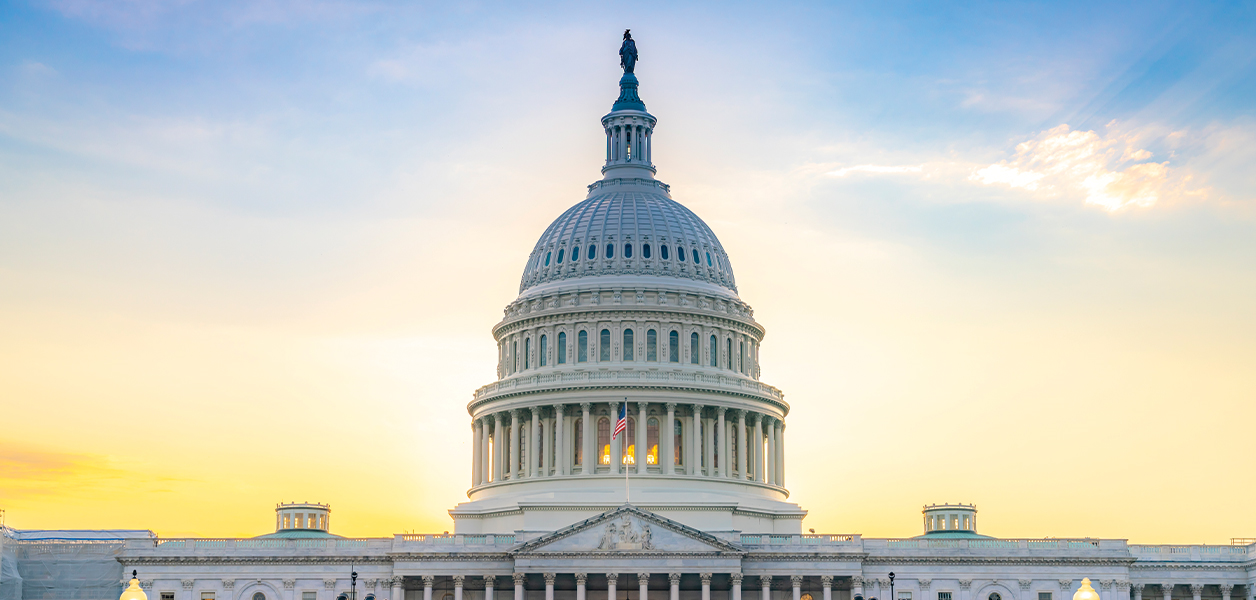NRCA leads tax roundtable with Congressman Greg Steube (R-Fla.)
On June 20, NRCA joined with more than 20 business owners and members of the Main Street Employers Coalition in Sarasota, Fla., for a roundtable discussion and Mote SEA aquarium tour with Congressman Greg Steube (R-Fla.). The key topic was taxes—primarily the 199A Qualified Business Income Deduction, which is set to expire at the end of 2025. Steube is vice chair of the Main Street Tax Team and an original co-sponsor of the Main Street Tax Certainty Act, which makes Section 199A permanent.
NRCA members Sutter Roofing, Sarasota, Fla., and CFS Roofing Services, Fort Myers, Fla., were an integral part of these efforts. Doug Sutter and Brad Sutter provided access for the group to Sutter Roofing’s project at the Mote SEA Aquarium, where a state-of-the-art facility is set to open in early 2025. Tammy Hall of CFS Roofing Services spoke eloquently during the discussion period regarding how this tax relief has allowed her to invest in vital training and certification programs, such as NRCA’s Training for Roof Application Careers and NRCA PROCertification.®
The businesses at the event were part of the broader Main Street community nationwide and represented a wide array of sizes and industries. Contractors, beverage distributors, manufacturers, shopping center operators, and others were in attendance. Each attendee provided valuable information regarding what section 199A means to their ability to grow their businesses, give back to their communities and invest in their employees.
Senate committee releases workforce development proposal
The Senate Committee on Health, Education, Labor and Pensions released draft legislation to reauthorize and reform the Workforce Innovation and Opportunity Act, which provides funding for workforce training programs operated at the state and local level. Release of the draft bill follows a June 19 committee hearing at which witnesses testified in support of reforms needed to improve the effectiveness of federally funded workforce programs. NRCA submitted a letter outlining support for reforms to streamline the bureaucracy and reduce paperwork burdens; provide more flexibility to spur innovation to better address regional workforce shortages; and adopt other provisions to improve accessibility for small businesses in the roofing industry.
The new bipartisan proposal contains numerous innovations and reforms that potentially can make workforce training programs more accessible to roofing industry employers. If enacted, it would be the most comprehensive overhaul of workforce programs in more than a decade. NRCA is reviewing the draft legislation and working with coalition partners to provide feedback to the committee by the July 5 deadline.
NRCA leads letter encouraging support for career and technical education funding
On June 24, NRCA and roofing industry allies sent a letter to congressional leadership encouraging support for a robust increase of 5% or more over the previous year’s level for Perkins Career and Technical Education State Grants. Congress currently is considering these funding bills in an attempt to pass each of the 12 before federal government funding runs out Sept 30.
The letter states “chronic workforce shortages continue to be one of the top challenges facing roofing industry employers across the U.S. as demographic trends make it ever more difficult to find qualified candidates for well-paying, family-sustaining jobs. Increased funding for career and technical education (CTE) is essential to providing strategies and tools to help employers address future workforce development needs.”
Support ROOFPAC at NRCA’s Midyear Committee Meetings in Chicago!
Join your friends and colleagues for a fun cocktail reception in support of ROOFPAC Wednesday, July 17, from 5:30-7 p.m. at Gibsons Bar & Steakhouse ($150 per person/$225 per couple). Members of NRCA’s Political Insiders Council and Capitol Hill Club are invited to attend complimentary as a benefit of their membership. We also would like to thank our sponsoring partner Johns Manville for making this event possible.
To RSVP, please fill out our form and email it to Teri Dorn at tdorn@ncra.net or call (202) 510-0920 with questions.
IRS announces plans to deny tens of thousands of Employee Retention Credit claims
On June 20, the IRS announced plans to deny tens of thousands of improper high-risk Employee Retention Credit claims while starting a new round of processing lower-risk claims to help eligible taxpayers.
“The completion of this review provided the IRS with new insight into risky Employee Retention Credit activity and confirmed widespread concerns about a large number of improper claims,” said IRS Commissioner Danny Werfel. “We will now use this information to deny billions of dollars in clearly improper claims and begin additional work to issue payments to help taxpayers without any red flags on their claims.”
The IRS identified between 10% and 20% of claims fall into the highest-risk group, which show clear signs of being erroneous claims for the pandemic-era credit; roughly 60% to 70% of the claims show an unacceptable level of risk and 10% to 20% of claims show a low risk.
For those with no eligibility warning signs received before the fall moratorium, the IRS will begin processing more of these claims. The IRS anticipates some of the first payments in this group will go out later this summer.
The IRS has provided businesses materials to help better understand the Employee Retention Credit, including:
- Employee Retention Credit Eligibility Checklist
- Seven warning signs Employee Retention Credit claims may be incorrect
- Frequently asked questions about the Employee Retention Credit
ROOFPAC is the federally registered political action committee of NRCA, and contributions will be used for political purposes. Contributions to ROOFPAC are not tax-deductible and the name, address, occupation and employer’s name of individuals whose contributions exceed $200 during a calendar year will be reported to the Federal Election Commission. Contributions are voluntary, and you have the right to refuse to contribute without any reprisal.





